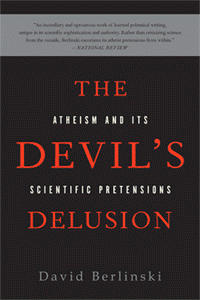Jesus got rather upset even angry

Jesus was pretty stern in his treatment of the Pharisees. In contrast to his usual gentleness, he rebuked them in the hardest, most offensive terms on multiple occasions. Matt 15, 7-9: “You hypocrites! Isaiah was right when he prophesied about you: ‘“These people honour me with their lips, but their hearts are far from me. They worship me in vain; their teachings are merely human rules.” Matt 23, 15-33: “Woe to you, law teachers and Pharisees, you hypocrites! You travel over land and sea to win a single convert, and when you have succeeded, you make them twice as much a child of hell as you are…Woe to you, blind guides…you hypocrites! You give a tenth of your spices – mint, dill and cumin. But you have neglected the more important matters of the law – justice, mercy and faithfulness…You strain out a gnat but swallow a camel…You clean the outside of the cup and dish, but inside they are full of greed and self-indulgence. Blind Pharisee! First clean the inside of t...





